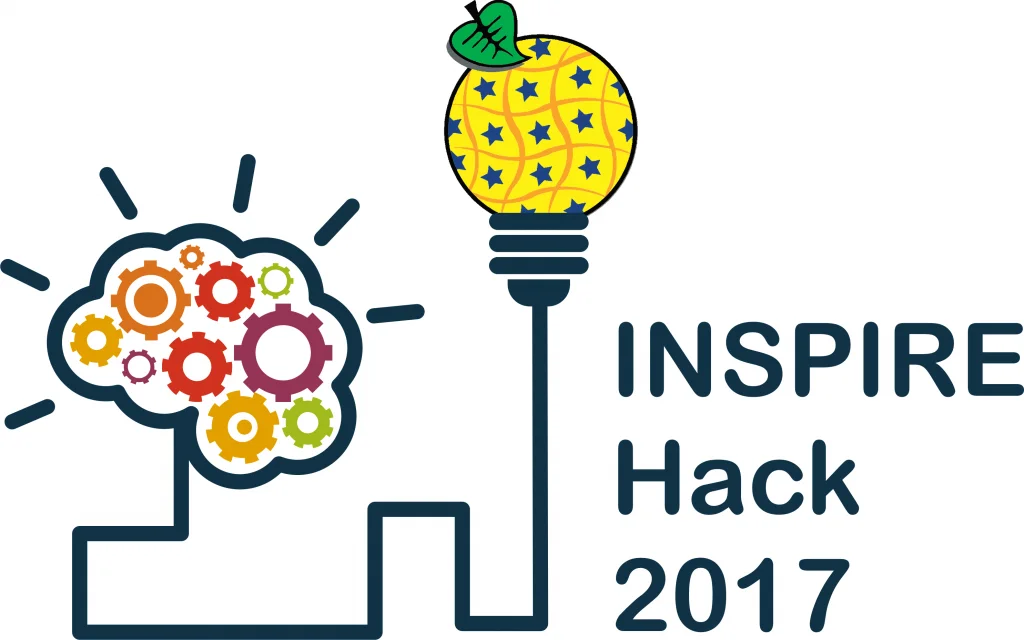INSPIRE Hack 2017

The INSPIRE Hackathon 2017 took place in Kehl, Germany, as part of the INSPIRE Conference 2017. Building upon the success of the inaugural 2016 event, this hackathon continued to explore the integration of Volunteered Geographic Information (VGI) and Citizens' Observatories into environmental management and public participation frameworks.
🎯 Objectives
The hackathon aimed to:
- Promote the use of open data and VGI in environmental and societal applications.
- Encourage the development of tools and applications that leverage geospatial data.
- Foster collaboration among participants from various backgrounds and institutions.
- Demonstrate the potential of citizen observatories in contributing to environmental monitoring and decision-making.
🧩 Challenges and Teams
The hackathon featured 11 teams, each focusing on a specific challenge:
- Team 1: Using GeoDCAT-AP Specification for Sharing Metadata in GEOSS and INSPIRE
- Team 2: Metadata Catalogue for the Open Land Use Map
- Team 3: Open Land Use Map for Africa
- Team 4: 3D Open Land Use
- Team 5: Linked Data Generation
- Team 6: Mobile App for Open Land Use
- Team 7: Find Your Farm Producer
- Team 8: Geospatial User Feedback
- Team 9: Open Land Use and Smart Points of Interest Visualization Using WebGLayer JS Library
Team 10: GeoDCAT-AP for Earth Observation Data - Team 11: Agriculture Yield Challenge
🏆 Results
The projects were evaluated by a jury comprising:
- Karen Fullerton, Joint Research Centre of the European Commission, Digital Economy Unit, Italy
- Jitka Faugnerová, Czech Environmental Information Agency, Czech Republic
- Marie-Francoise Voidrot, Open Geospatial Consortium, France
Evaluation criteria included relevance to INSPIRE, COPERNICUS, and GEOSS, innovation, environmental/societal value, and interoperability.
The top three teams were:
- Team 4 – 3D Open Land Use: Leader: Karel Jedlička (University of West Bohemia)
- Team 8 – Geospatial User Feedback: Leader: Joan Masó (CREAF-UAB)
- Team 5 – Linked Data Generation: Leader: Raul Palma (PSNC)
The winning team was awarded the opportunity to co-author an article for the International Journal of Spatial Data Infrastructures Research, a free webinar from BLB, and promotion through Plan4all, DataBio, NextGEOSS, and SKIN platforms.